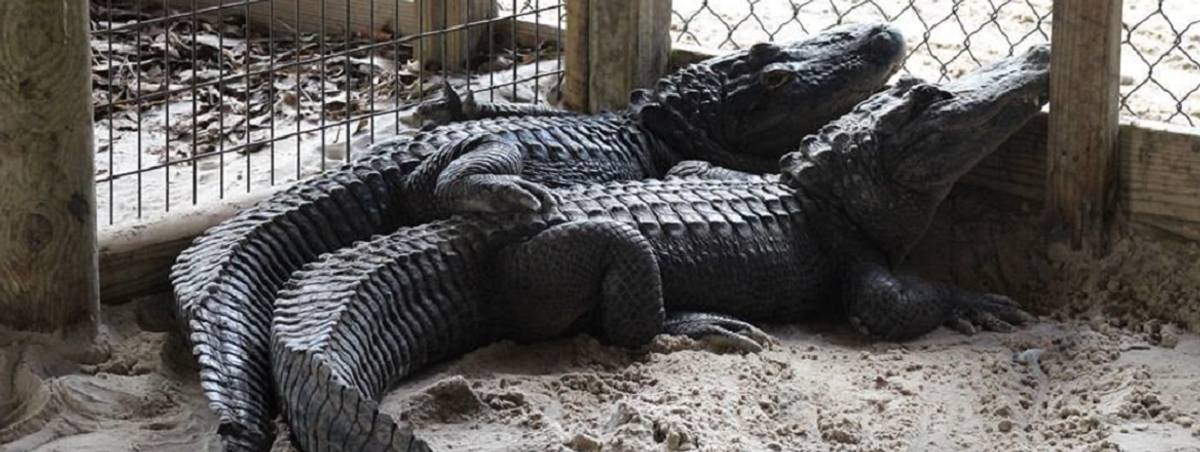Strengthening Evidence to Combat Wildlife Laundering in Colombia and Mexico
This project focuses on consolidating evidence against illegal activities masquerading under the banner of wildlife protection in Colombia and Mexico, offering policy recommendations and enforcement strategies.
Overview
Colombia and Mexico are home to a vast array of wildlife species, a significant number of which are collected for legal trade to meet the global demand in the exotic pet market, the fashion business-sector, and various consumer industries. When managed sustainably, this trade can serve as a vital source of income for local communities. To promote sustainability and regulation in line with international agreements, both Colombia and Mexico have implemented measures aimed at ensuring the viability of their legal wildlife economies.
However, these initiatives can be compromised by criminal groups that 'launder' wildlife products obtained through illegal means into legitimate supply chains, frequently utilising registered businesses that serve as fronts for illicit operations, including captive breeding facilities. Wildlife laundering is primarily enabled by legal loopholes and corruption, making it challenging to identify. Additionally, the indistinct boundaries between lawful and unlawful enterprises lead to various unique money laundering typologies.
The practice of wildlife laundering as a method of trafficking in Colombia and Mexico remains inadequately understood and insufficiently studied. Additionally, there is a lack of awareness regarding the illegal financial flows associated with these crimes. Consequently, local authorities are not equipped with the necessary resources to tackle the problems effectively. This project seeks to produce evidence regarding the operational methods and typologies of wildlife laundering, as well as the flow of illicit funds connected to these activities, to develop innovative strategies to combat wildlife laundering in Colombia and Mexico.
Sponsors and Partners
UK International Development
The project is funded by the UK government through its Illegal Wildlife Trade Challenge Fund (IWTCF).
The project is being delivered by RUSI from 2024 to 2026 in partnership with the Latin American office of TRAFFIC, an international NGO focused on wildlife trade issues; the Royal Foundation’s United for Wildlife Financial and Transport Taskforces; London Stock Exchange Group Risk Intelligence; and the Mexican law firm Galicia and Colombian law firm Brigard Urrutia.
The project is also being supported by the Colombian Navy’s Centro Internacional de Investigación y Análisis Contra el Narcotráfico Marítimo (CMCON), as well as the British Embassies in Bogotá and Mexico City.
Project team
Cathy Haenlein
Director of Organised Crime and Policing Studies
Organised Crime and Policing
Anne-Marie Weeden
RUSI Senior Associate Fellow, OCP | SHOC Network Member
Jennifer Scotland
Research Analyst
Organised Crime and Policing
Mark Williams
Programme Manager | SHOC Network Member - Researcher
Organised Crime and Policing
Charlotte Davies
RUSI Associate Fellow, Organised Crime and Policing
Aims and objectives
The primary aim of the project is to produce evidence of wildlife laundering occurring within legal supply chains in Colombia and Mexico, which will guide the development of strategies to address this crime. This includes producing tools such as financial investigations and legal reforms.
The project consists of four key activities designed to achieve these goals:
1) New qualitative and quantitative research will be undertaken to establish a solid evidence base regarding wildlife laundering as a method of trafficking in Colombia and Mexico, addressing a significant gap in existing research.
2) The results of the research will be utilised to develop classifications of the methods employed in wildlife laundering in Colombia and Mexico, along with the related illicit financial flows.
3) The typologies will be shared with pertinent stakeholders and a broader international audience through a RUSI Emerging Insights paper and an online launch event, thereby raising both local and global awareness of wildlife laundering as a form of trafficking.
4) The results of the research will serve as a basis for developing innovative policy recommendations and enforcement strategies aimed at addressing wildlife laundering in Colombia and Mexico. This will encompass financial investigations and legal reforms, complemented by workshops conducted within the countries.
Wildlife laundering poses a significant threat to the conservation of endangered species, adversely affecting biodiversity and the livelihoods of local communities. It also undermines the initiatives of the Colombian and Mexican governments aimed at addressing the illegal wildlife trade. Consequently, this project aims to support efforts to combat this form of trafficking and to encourage legal and sustainable wildlife trade practices.







